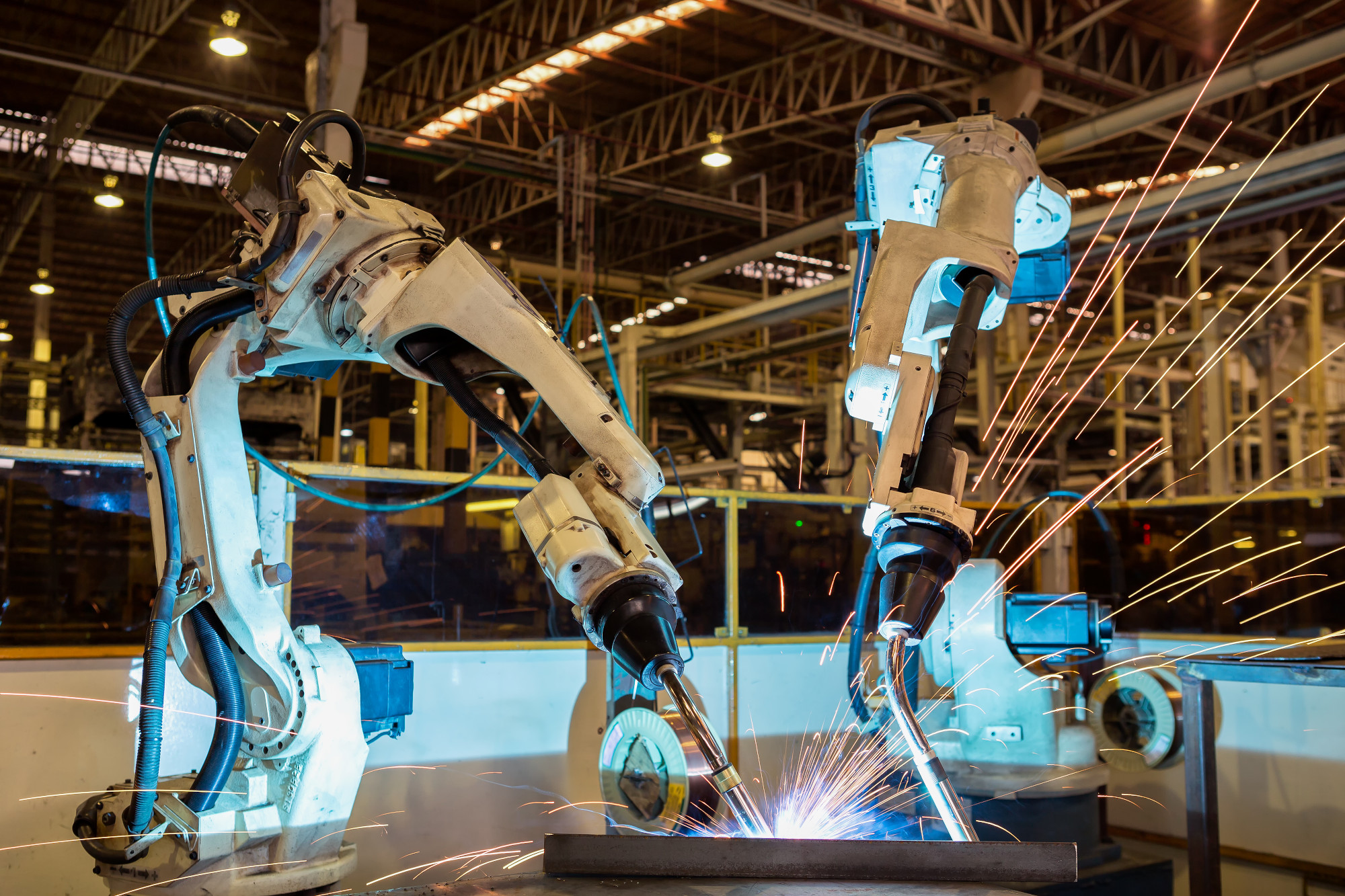The World Economic Forum estimates that by 2030, over one billion people will need to be reskilled. This growing skills gap is becoming a major challenge across all industries we support. For years, our customers have shared their concerns about an aging workforce and a lack of younger professionals entering the field, leading to unfilled positions. Now, with the rise of automation, the demand for new skills has increased, creating more job opportunities than ever before—yet many remain vacant due to a shortage of qualified talent. To tackle this issue, Autodesk is committed to developing lifelong learning solutions that help workers stay competitive. We believe the future of work is here, and automation is already shaping how we operate. Our goal is to equip our customers with the skills they need to succeed in this evolving landscape. Today, we’re excited to announce the launch of the Autodesk Certification Program. This initiative includes eight new industry-focused learning pathways and certifications, with more to come in the future. Designed to support both emerging and experienced professionals, the program helps individuals build, validate, and showcase their skills—empowering them to reach their career goals. Whether it’s a product-specific certification like “Revit Structure†or a role-based one like “Fusion 360 Mechanical Design,†our offerings are tailored to meet real-world needs. For over 15 years, Autodesk has collaborated with training centers to provide product-specific certifications through in-person exams. However, as technology continues to evolve, so must our approach to learning and certification. I had the chance to speak with Jaime Perkins, who leads learning strategy at Autodesk, about our efforts to rethink certification. “We see that technologies like AI are transforming the industries we serve, and these changes are significantly impacting workers. When the pandemic hit, we saw an 800% increase in traffic to our self-paced learning resources, which made us realize it was time to speed up our progress. With this new platform, we're taking a fresh approach to certification—one that integrates skill development into daily work, connects professionals to a larger community, and supports continuous learning.†The new Autodesk Certification Program is flexible and self-paced, allowing users to access the platform anytime, fitting learning around their schedule. As our tools become more specialized, we’ve noticed that the way they are used depends heavily on the individual's role. There isn’t one job that requires mastery of every function in a tool. That’s why our new role-based certifications focus on specific job functions, such as mechanical engineering, rather than just product proficiency. This approach better aligns with the actual needs of employers and professionals alike. Our role-based learning paths and certifications help workers demonstrate their skills in ways that are meaningful to employers. Initially, the program will focus on Fusion 360, covering core workflows like CAD, CAM, design for manufacturing, and even the industry’s first generative design certification. The Autodesk Certification Program offers self-paced, modular learning that guides each user through a personalized journey toward certification. We understand that learning is unique to each person, so we've designed the program to cater to different skill levels, roles, and career aspirations. Whether you're building foundational skills or preparing for a specific exam, there's a path that fits your needs. Upon completing courses or earning a certification, learners receive digital badges that can be added to resumes, portfolios, and professional networks. These badges serve as proof of achievement and help professionals stand out in a competitive job market. Last year, we partnered with Monitor Deloitte to explore the challenges of the skills gap and how businesses can help workers adapt. One key finding was that companies need to bridge the gap between learning and work by embedding training directly into the workplace. The challenge is that many businesses don’t have the resources to develop their own training systems. Read about our recent push for workforce development in COVID-19 legislation Autodesk certifications and learning pathways can help companies reskill their current employees through timely, on-the-job training. This ensures that existing talent stays relevant and contributes effectively to business success. In addition, industry certifications allow companies to make more informed hiring decisions by identifying candidates with proven skills. This year, as remote work and safety protocols continue, the use of digital tools and automation will only grow. This means that new skills will be required for many professionals and job seekers. Reskilling and upskilling, along with successful digital transformation, are essential to global economic growth. At the launch of the new certification program, for every Fusion 360 user who successfully completes one of our new certifications after Autodesk University, we will make a matching donation to Humanmade, an Autodesk Foundation partner. Their Next Generation Manufacturing Program provides advanced training for low-income residents in the Bay Area, preparing them for the jobs of tomorrow. Hear from Autodesk about upskilling employees to prepare for the workforce of the future Automation is a powerful force driving progress in business and society. While it brings change, it also creates opportunities. At Autodesk, we’re committed to helping workers adapt and thrive in this new era. Our new certification program is just one of the many ways we’re supporting lifelong learning and ensuring a skilled, resilient, and equitable workforce for the future. For more information on the new Autodesk Certification Program, visit our official website. Polytetrafluoroethylene is the most important variety of fluoroplastics. It has excellent chemical stability, weather resistance, electrical insulation, flame resistance, outstanding surface non adhesion, extremely low friction coefficient, and a wide range of service temperatures. It can be used as wear-resistant, corrosion resistant, sealing, insulation, anti adhesion, and high and low temperature resistant materials, and is suitable for long-term work in the temperature range of -80-250C. Tetrafluoroethylene ethylene copolymer, known as fluoroplastic 40, is the lowest density of fluoroplastic (1.71-1.75g/cm3). It has both the radiation resistance of polyethylene and the corrosion resistance of tetrafluoroethylene, and can resist the corrosion of acid, alkali and salt aqueous solutions. It does not dissolve or swell in solvent. It is used as anti-corrosion, electrical insulation and radiation resistant parts in chemical, machinery, electrical appliances, atomic energy and other industries, with long-term service temperature of - 60-180 Cand short-term service temperature of 230 ℃. The tetrafluoroethylene hexafluoropropylene copolymer is composed of about 82% tetrafluoroethylene and about 18% hexafluoropropylene. Its properties and uses are similar to those of tetrachloroethylene, but it can be molded and processed by general thermoplastic molding processing methods, and is suitable for working at - 85-205C. Chlorotrifluoroethylene ethylene copolymer is called fluoroplastic 30. It has both the mechanical strength of nylon, the corrosion resistance of fluoroplastic and the molding performance of high-density polyethylene. It has good adhesion with metals, can be welded and fused by itself, and has excellent ultraviolet and infrared transmission and gas resistance properties. It is suitable for making seals, mechanical parts, low-frequency insulation products working under strong current, wet or corrosive media, etc FEP,PFA,PCTFE,PVDF,ETFE,PVF,PTFE Mianyang Prochema Commercial Co.,Ltd. , https://www.gustek.com

New Role-Based Certifications Reflect Real-World Expertise
Learning Pathways Prepare Workers for Certification and Career Growth
Training Infrastructure for Businesses
Reskilling is Key to Economic Success